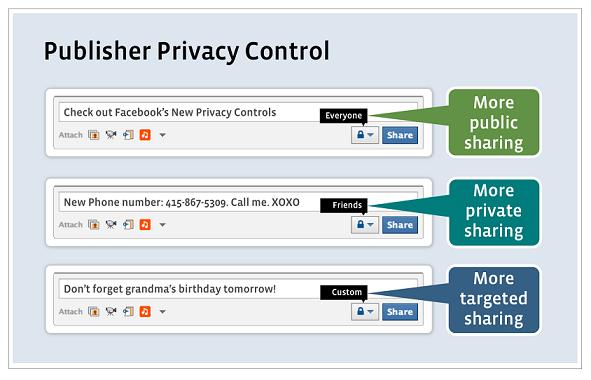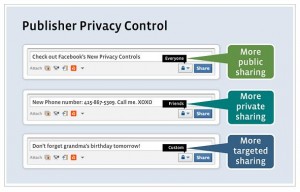
We have tended to overlook privacy in the advancement of the internet age. Facebook has led the charge, issuing a service that continuously undermines our privacy. Consequently, it has created a growing minority of people who have become disenchanted by its policy and will come to a crashing halt sooner than people expect.

Unfortunately, Facebook founder and CEO Mark Zuckerberg adamantly declared that privacy was dead. And more concerning, he believes that he is entitled to your and your children’s private information. And that doesn’t sound like a profitable business model in a time where transparency is becoming the big issue at hand.
The numbers are starting to trend against the Facebook model. According to a recent study conducted by TRUSTe, it was revealed that a whopping 94 percent of U.S. online adults care about whether they can control their personal information, as opposed to sites monitoring and collecting your private data. But Facebook doesn’t listen. In fact, it’s opted to squeeze every bit of information out of you it can.
It’s recent effort to do so came in the revised search engine, which simplifies a way for people to find your shared content. But the bad news is that it just gives third-parties an easier way of collecting you and your family’s information in bunches. Even if you stray from Facebook, the site can still data-mine your information on websites that utilize the Facebook “Like” button (regardless of whether you click the icon or not). So where can you hide?
With all this controversy over privacy, Facebook fatigue has become a real factor. A 2012 poll conducted by the Associated Press revealed that three out of every five Facebook users had no or little faith in whether the company can protect its personal information. The same study exposed that more than half of the young adults surveyed expected Facebook to be a passing fad.
These same sentiments are reflected in the user base. ComScore recently estimated that a whopping 4.8 percent of unique U.S. visitors opted out of the site in the past six months. Meanwhile, Socialbakers revealed that the social media giant had lost as much as 3.3 percent of users in countries like Australia and Great Britain.
While Facebook hasn’t shown much uneasiness over these statistics, they may hint at it with the fact that they have stopped reporting the total number of active users.
So will Facebook collapse? Eventually, it will. Just like the countless number of other social media sites before it (MySpace, Friendster, etc.). But whether is falls from grace sooner rather than later remains to be seen. We can only take a look at the trends, which haven’t been good for Facebook in the past few months. And it can rightly blame its stance on online privacy.
A passionate writer for more than 6 years, Nick Trenchard writes about tech, social media and online privacy and its impact on family at blog.sgrouples.com.